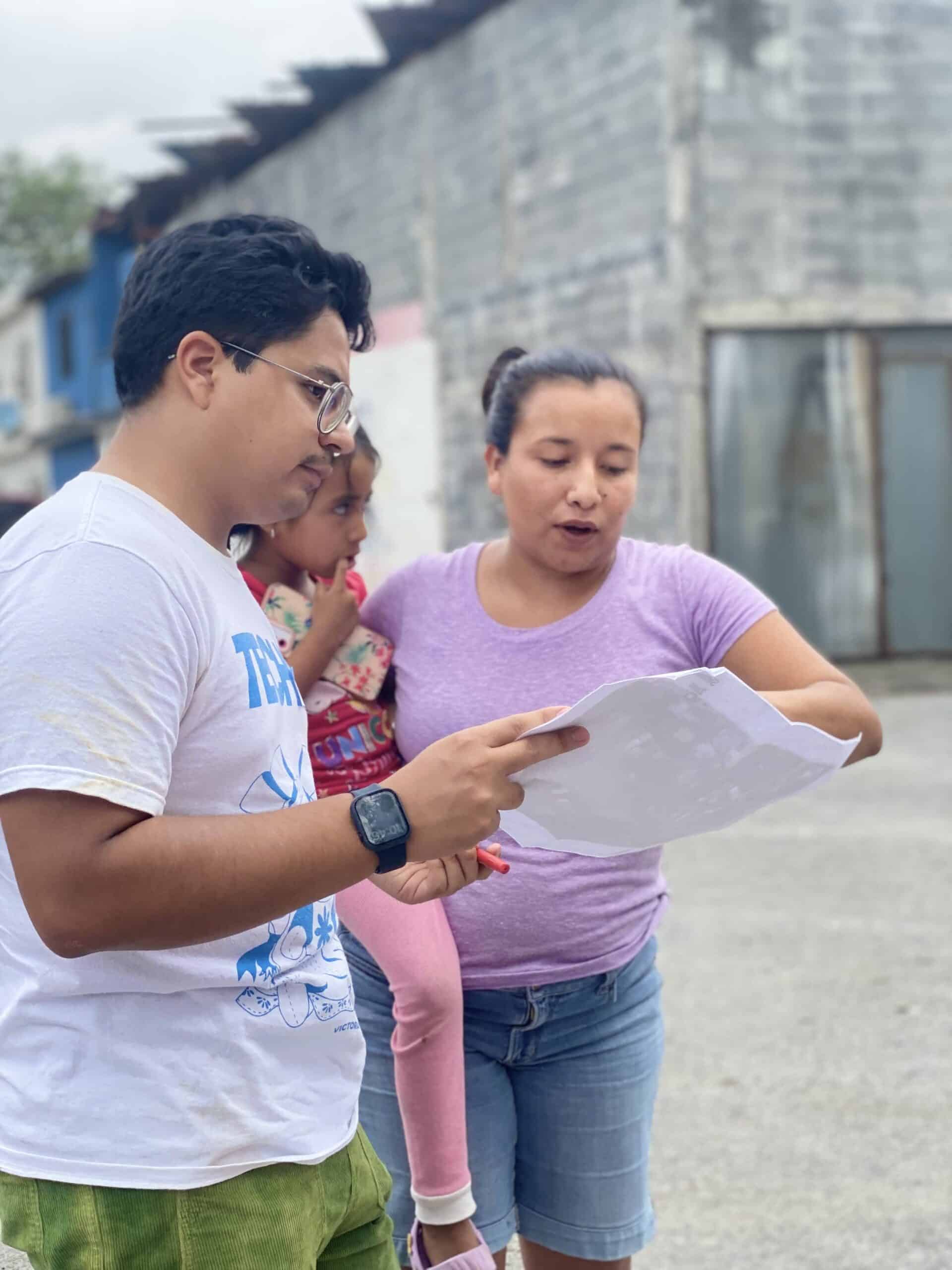A pedido de TECHO y bajo la coordinación de TrustLaw, el programa pro bono de la Thomson Reuters Foundation, se realizó conjuntamente con los abogados de HP en distintas jurisdicciones, el Informe sobre el Derecho a una Vivienda Digna en Latinoamérica.
El Informe contiene una síntesis de la legislación, la jurisprudencia y las políticas públicas relativas al derecho a una vivienda adecuada, poniendo de relieve las diversas formas en que la exigibilidad de este derecho ha venido desarrollándose gradualmente en once jurisdicciones: Argentina, Bolivia, Brasil, Chile, Colombia, Ecuador, México, Paraguay, Perú, Uruguay y Venezuela.
El mismo busca ser una herramienta para que aquellos que tienen la posibilidad de incidir en la materia, sobre todo a nivel de políticas públicas, puedan contar con datos de la región y aprender de la experiencia de otros, buscando la mejor manera de lograr que este derecho sea efectivamente reconocido a todos los habitantes de Latinoamérica.
El Informe ha sido nominado para un premio en los “TrustLaw Awards” en la categoría “Innovation”, seleccionado, junto con otros tres proyectos, entre un total de 400. La ceremonia de entrega de premios será el 24 de septiembre en Londres.
Puedes descargar el informe aquí.
:::::::
Derecho a una vivienda digna en Latinoamerica
Derecho a una vivienda digna en Latinoamerica is produced by the Thomson Reuters Foundation, TECHO, Hewlett Packard’s in-house legal team and a global team of law firms: Pérez Alati, Grondona, Benites, Arntsen & Martínez de Hoz (h), Guevara & Gutiérrez, Machado Meyer Sendacz Opice, Ferrada Nehme, Posse Herrera Ruiz, Romero Arteta Ponce y Garcia Sayan Abogados.
Some 113 million people across the continent — or nearly one in five people — live in sprawling slums which are fuelling inequality and social exclusion, they said in a report.
“State policies on housing — even those enshrined in the region’s constitutions — have not been able to respond to the rise of urban populations…,” the study said.
Mass migration from rural to urban areas from the 1950s onwards means 80 percent of Latin America’s population of around 600 million now live in cities — a higher number than in any other region in the world.
The report examines housing legislation and policy in 11 countries, including Latin America’s largest economies — Brazil, Mexico, Chile, Colombia and Argentina.
It found most countries had laws and constitutions that recognised the right to adequate housing, but huge gaps remained in ensuring poor families got access to homes, housing credit and secure land tenure rights.
Across Latin America, poor neighbourhoods crammed with shacks built using bricks, scrap metal and wood, and often perched precariously on hillsides, are a common feature of the urban landscape.
“The housing market hasn’t been able to cover the needs of marginalised populations in informal settlements, which has produced social exclusion and a segregation of the rich and poor,” said Luis Bonilla of TECHO, a non-governmental organisation tackling poverty in slums, which commissioned the report.
About 50 million new homes are needed to address the region’s housing shortage, according to the United Nations.
Insecure land tenure and the lack of formal property deeds mean millions risk eviction from their homes both in slums and elsewhere to make way for development projects, the report said.
“Forced eviction seems to be a daily reality for hundreds of communities in Latin America,” it added.
DEVELOPMENT GOALS
The global challenge to provide adequate housing is highlighted in the United Nations new Sustainable Development Goals (SDGs), which will replace the Millennium Development Goals this year.
One of the goals is to “upgrade slums” and ensure everyone has access to adequate, safe and affordable housing with basic services, such as water.
TECHO says creating affordable and adequate housing would help reduce the region’s high levels of inequality.
Progress has been made in building new homes for low-income families in countries like Chile, Colombia and Venezuela, often by providing government subsidies and low-interest loans, Bonilla said.
But having a home often does not lead to other basic rights. “A house in itself doesn’t guarantee living a life with dignity,” Bonilla told the Thomson Reuters Foundation in a telephone interview from Santiago.
He said regional governments need to do much more to ensure people living in slum areas play a greater role in decisions about how their cities are planned and built.
“Without this, a lack of a sense of belonging will continue, as will inequality and development that bypasses slum areas,” Bonilla said.
“Public policy on housing is too often just seen as something that facilitates the process of getting a home. It needs to go beyond that and develop the idea that people have the right to a city, the right to access education, health services, public transport, surrounding their homes.”
http://www.trust.org/item/20150817000612-yh553/
(Editing by Emma Batha; Please credit the Thomson Reuters Foundation, the charitable arm of Thomson Reuters, that covers humanitarian news, women’s rights, trafficking, corruption and climate change. Visit www.trust.org)
Source: Thomson Reuters Foundation




